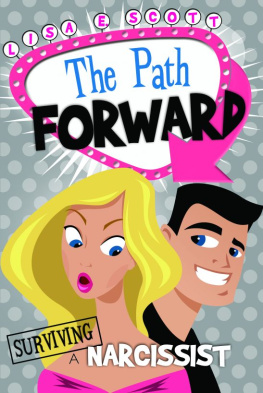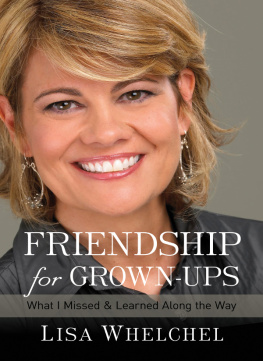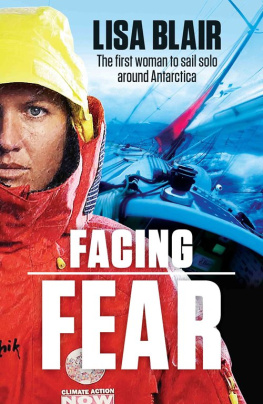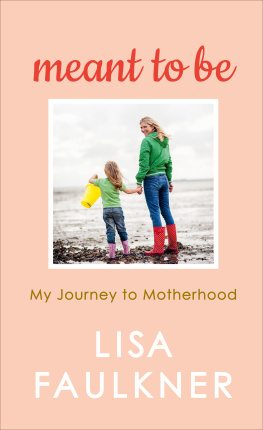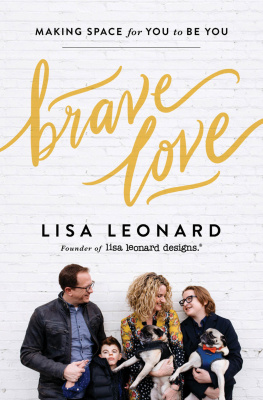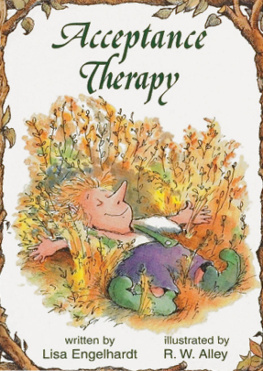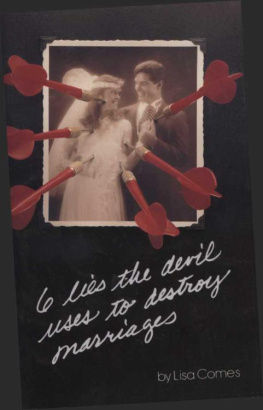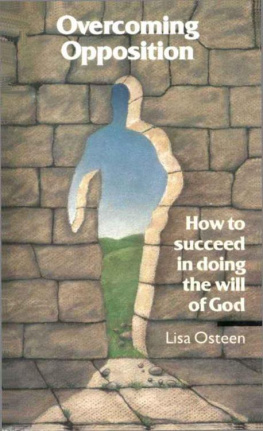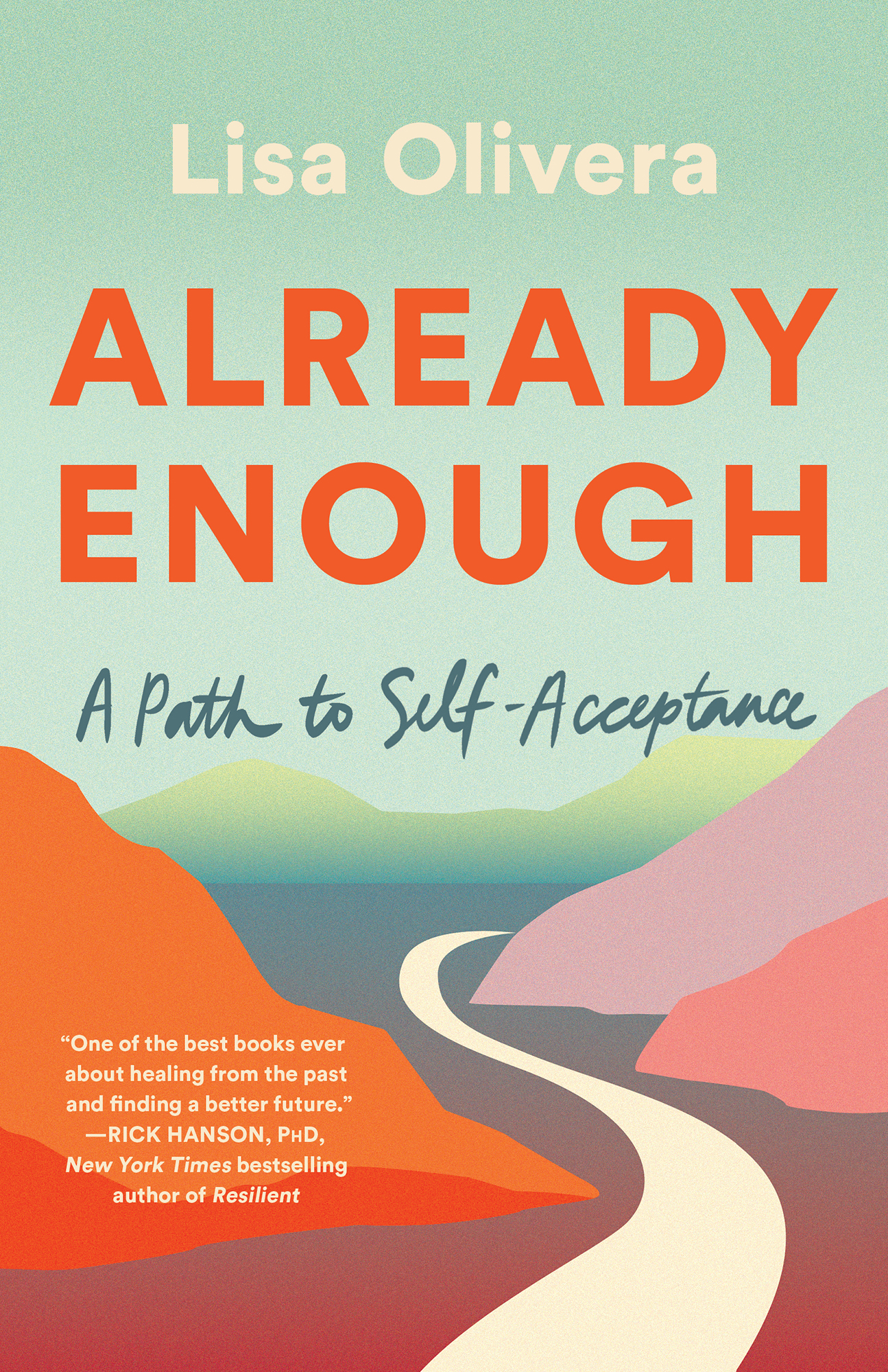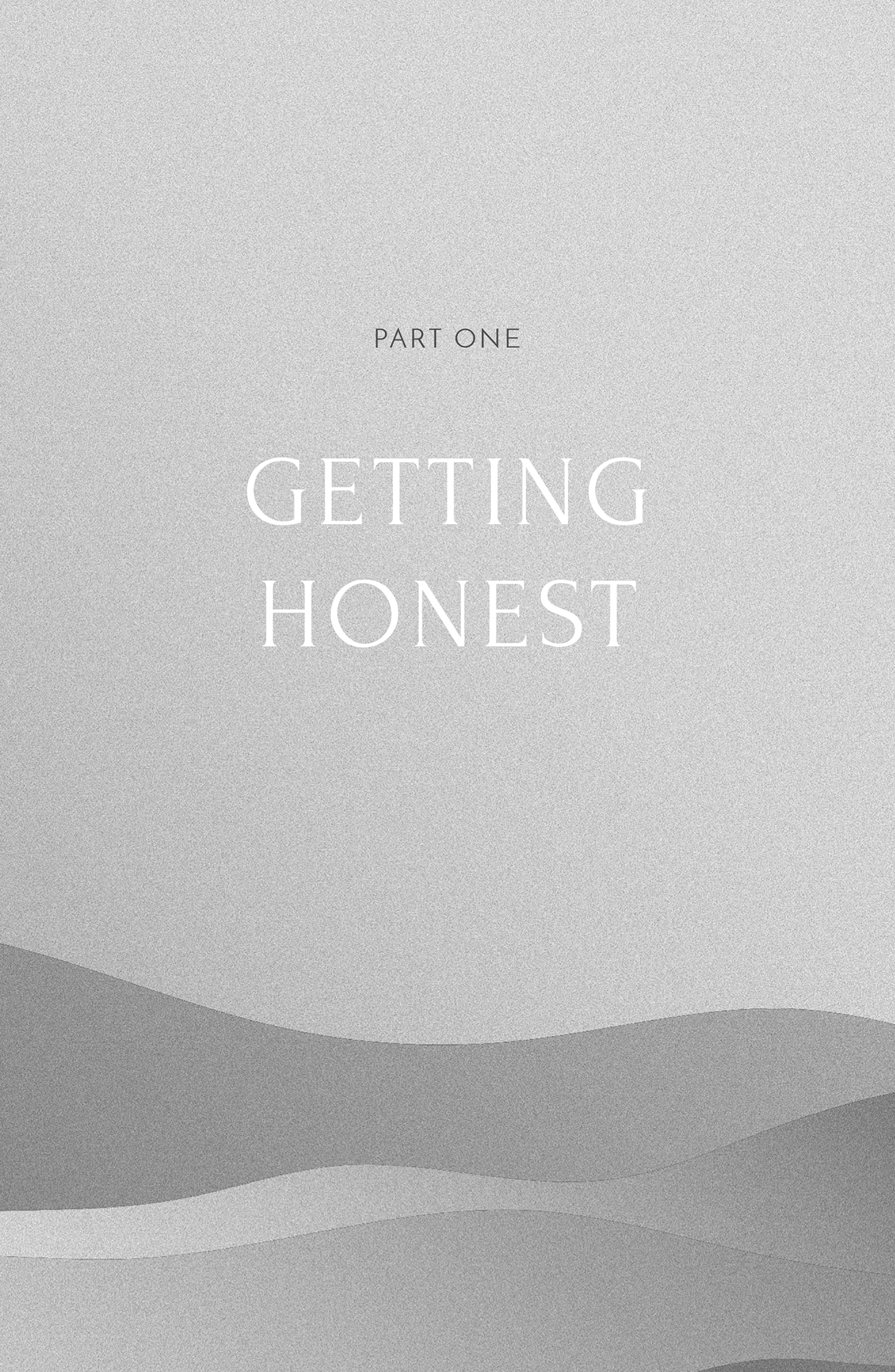Contents
Guide
Lisa Olivera
Already Enough
A Path to Self-Acceptance
One of the best books ever about healing from the past and finding a better future.
Rick Hanson, PhD,
New York Times bestselling author of Resilient

Simon & Schuster
1230 Avenue of the Americas
New York, NY 10020
www.SimonandSchuster.com
Copyright 2022 by Lisa Olivera
This publication contains the opinions and ideas of its author. It is intended to provide helpful and informative material on the subjects addressed in the publication. It is sold with the understanding that the author and publisher are not engaged in rendering medical, health, or any other kind of personal professional services in the book. The reader should consult his or her medical, health or other competent professional before adopting any of the suggestions in this book or drawing inferences from it. The author and publisher specifically disclaim all responsibility for any liability, loss or risk, personal or otherwise, which is incurred as a consequence, directly or indirectly, of the use and application of any of the contents of this book.
All rights reserved, including the right to reproduce this book or portions thereof in any form whatsoever. For information, address Simon & Schuster Subsidiary Rights Department, 1230 Avenue of the Americas, New York, NY 10020.
First Simon & Schuster hardcover edition January 2022
SIMON & SCHUSTER and colophon are registered trademarks of Simon & Schuster, Inc.
For information about special discounts for bulk purchases, please contact Simon & Schuster Special Sales at 1-866-506-1949 or .
The Simon & Schuster Speakers Bureau can bring authors to your live event. For more information or to book an event, contact the Simon & Schuster Speakers Bureau at 1-866-248-3049 or visit our website at www.simonspeakers.com.
Interior design by Ruth Lee-Mui
Jacket design by Lauren Harms
Jacket art by Olly Kava/Shutterstock
Library of Congress Cataloging-in-Publication Data has been applied for.
ISBN 978-1-9821-3892-9
ISBN 978-1-9821-3895-0 (ebook)
For everyone doing the difficult, beautiful work of remembering who you truly are.
My Storyand Your Story
On Mothers Day in 1987, when I was a few hours old, I was abandoned behind a rock near Muir Woods in Northern California. I was wrapped in a blue blanket, with no other evidence of where I had come from. I was found by a man and woman who were out bird-watching with their toddler. They called an ambulance to take me to the nearest emergency room. I was determined to be healthy, with no signs of distress other than sunburn. Two days later, another couple who would become my parents took me home.
Growing up, I knew I was adopted. I later discovered I was abandoned and, despite having loving parents, knowing all this about myself led to a lot of painpain I didnt want anyone to see. Pain that I ignored for decades. I spent years longing to understand where I came from. Not knowing my birth family was at times excruciating. I hated getting assigned family trees in school. I hated getting told I looked like one of my parents. I hated hearing my friends talk about things theyd inherited from family members. And most of all, I hated that I hated it. I was told to feel lucky, to feel grateful, to feel happy, but a lot of the time, I just felt sad.
I looked for myself in strangers and often wondered about who my birth mother was and why she had abandoned me in the woods. I imagined my birth mother out there, somewhere. I watched random women with dark hair and blue eyes, like my own, thinking maybe they could be her. Without realizing it, I formed what would grow into a deeply held belief: I was not enough as I was. Something was wrong with me. Why else had I been left to die?
To answer that question, I began to tell myself a story: I would never be loved or even accepted as who I was because I was not enough as I was. This story wasnt true, but it made sense of an experience that deeply confused me. It allowed me to move forward with a sense of control over an experience I had no say in. It sounds dramatic, but it felt like the only way.
I lived in that story for years; it permeated every aspect of my life. I didnt believe I could possibly be myself because I hadnt been wanted from the start. I tried to avoid my way out of it; I hesitated to seek out new friends, thinking, somehow, they would discover that I was not enough. I tried to perfect my way out of it; I strived to be as special and talented and unique and smart as possible, thinking that would make me enough. It wasnt until a suicide attempt at age fourteen that I finally began, through therapy and healing practices, exploring my story, and how it affected my identity and my relationship to myself and to others.
Doing so felt terrifying and overwhelming. I didnt know if my story was something I could actually change. These things werent taught to me or talked about when I was growing up, so I had no idea what was possible. I realized, though, that in order to have the chance of living a life as my full self, I needed to confront my story, explore it, and rewrite it.
I sat on a therapists couch week after week and began the process of examining the belief I had formed and the story that unfolded from it. My therapist specialized in working with adoptees, so it didnt take a lot of explaining for her to truly understand the pain I was carrying. She really saw me; I could tell by the feeling in my chest that always seemed to loosen a bit while I was in her office. I remember her saying, Lots of adoptees feel this waylots of adoptees feel like they werent enough and still arent. You are not alone, and its okay to feel this way. We can move through it slowly. I felt such a deep sense of relief, knowing I wasnt the only one. I had never connected with other adoptees, so hearing this gave me a feeling of communityeven with people I had never met.
Sharing my truth with a therapist was the catalyst for giving myself permission to explore my story. I had never put words to it, and finding the words to express what I was feeling inside brought clarity. Being able to speak honestly and openly about my storywhich I had previously kept hidden and quietwas freeing. That experience put me on a path of lifelong healing and growth, and it has been difficultbut it ultimately reminded me that I have more control over my story than I had long believed. We all do.
While I hold many titles, one of my current roles is a therapist who supports clients in untangling their stories. I didnt always think Id end up here, offering what I once needed. In seeing how others explored this work, though, I was able to understand what I had been feeling for so long. So many people gave me permission to explore this within myself and, in turn, within my own work. People like Bren Brown, a research professor who revolutionized the study of courage, vulnerability, empathy, shame, andespecially relevant hereowning our stories. People like Tara Brach, a psychologist who taught me so much about what she calls radical acceptance, or the idea that finding acceptance in what


